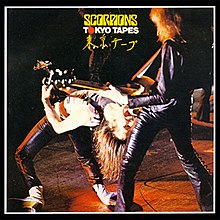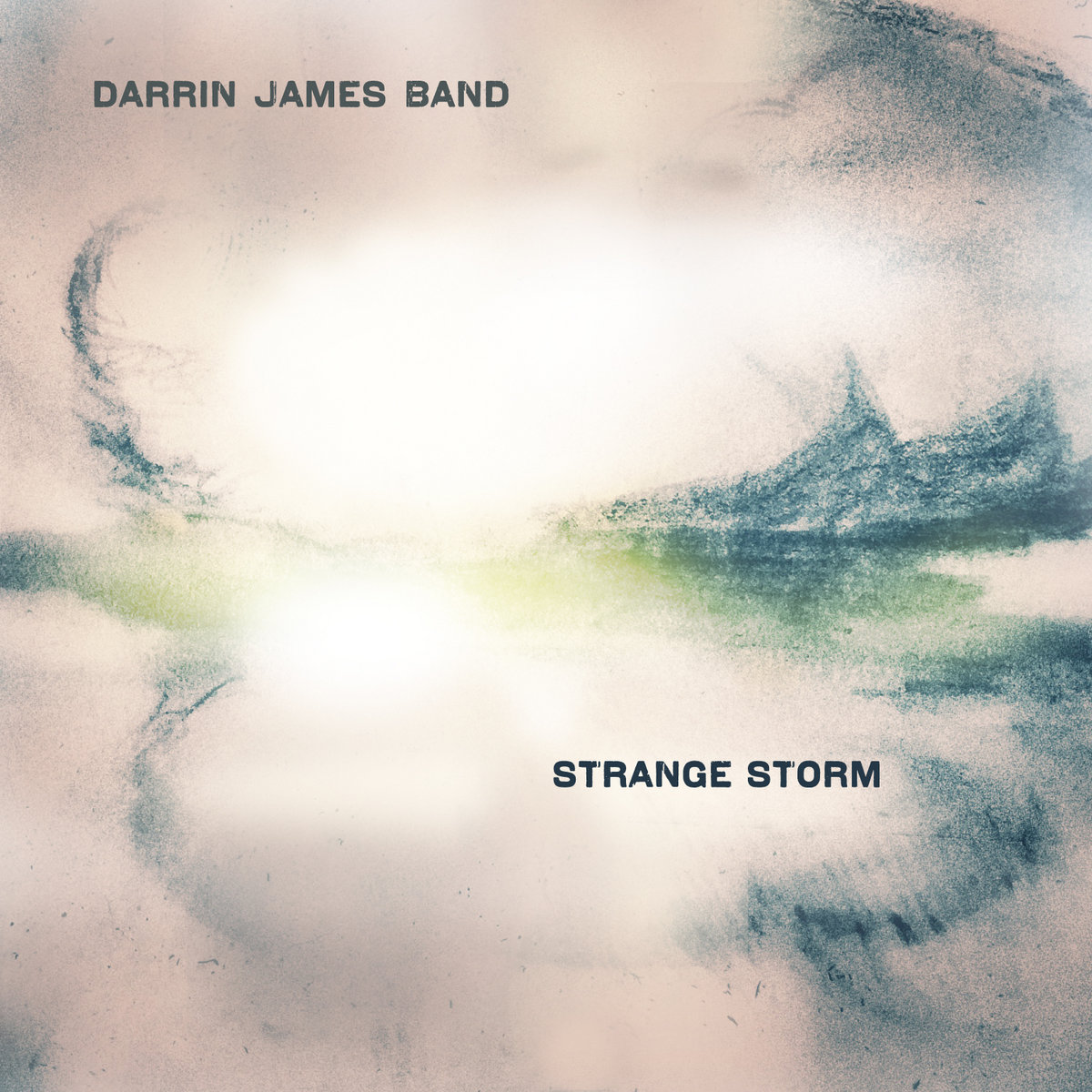 |
| Okay Computer-Radiohead |
After several years of young fans and assorted bright acolytes telling me that I must have a
listen to Radiohead's "Okay Computer" to experience one of the most
essential rock (or post-rock) albums ever committed to the ways of digital
distribution, I finally did so, a close listen (or at least an earnest one),
and found their enterprise wants. Begging for attention seems more the appropriate response; throughout the awkward angularity of the guitar bashings and inchoate mewlings of singer-songwriter Thom York's seeming parodies of gruesomely awful poetry that needed to be placed under arrest to make the mendicant mediocrity cease, all I get is the callow ambition of some aging hipsters operating under the assumption that reframing, sort of, old modernistic gestures and blurring their glaring amateurism, we might come across Art, finally, and perhaps a relevant statement or two. Far less the game-changer claimed by defenders, it
never distinguished itself from the other skeins of slow-coursing sludge that
one finds at the extra-musical margins.
Super Mope is mostly unassembled tunes framed by accidental associations of the chord, tempo, and tuning. I've absolutely no doubt that Radiohead worked diligently, night and day, for hours and hours until there were no more hours, to make sure "Okay Computer" was as close to their ideal before they released it into the wild. That, sadly, does not make this enjoyable or anything less than irritating. A few things in music listening are trying to make sense of some feeble ideas that sound labored over. And yes, there are lyrics, and awful ones, to match the dopey dissonance Radiohead favors.
Super Mope is mostly unassembled tunes framed by accidental associations of the chord, tempo, and tuning. I've absolutely no doubt that Radiohead worked diligently, night and day, for hours and hours until there were no more hours, to make sure "Okay Computer" was as close to their ideal before they released it into the wild. That, sadly, does not make this enjoyable or anything less than irritating. A few things in music listening are trying to make sense of some feeble ideas that sound labored over. And yes, there are lyrics, and awful ones, to match the dopey dissonance Radiohead favors.
Writing from
the center of a depression one cannot shake is an honored tradition, at least
in 20th Century American and British poetry, with the works of John Berryman,
Plath, Lowell, and too many others attest. And indeed, manic lows
are the source of many lyric writers who sought to write their way out
of bad headspace. If one can use such a
presumptuous term, their collective goal was to leave something after them that would remain as art,
instances of inspired writing, even if they failed to alleviate a malaise. Radiohead's rhymes, half-rhymes, and no verses seem more symptoms than wit, more fidgeting with a notebook and
pen than a focused attempt to get at a fleeting set of moods or insights that
won't quite lend themselves to everyday speech.
It's a generational thing, I'm
sure, and I reveal my age without having to tell you, but it actually is a
matter of having seen this before, heard this before, having had this
discussion before. The last five decades are crowded with thousands of nameless creatures
at the margins of popular culture, convinced of their genius but unsure what
that self-diagnosed brilliance consists of. The difference is that Radiohead
caught a break. Well, good for them on that score.









